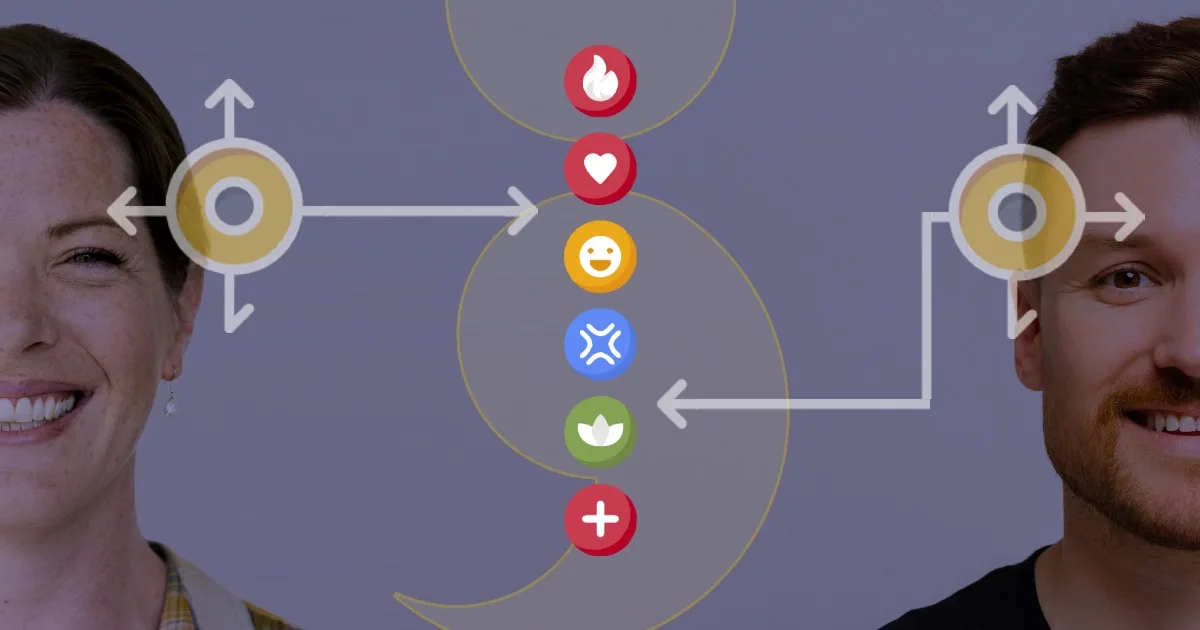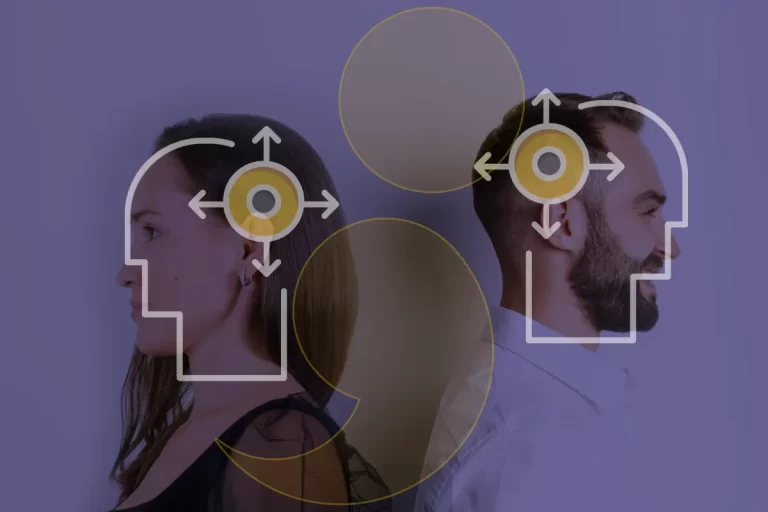Sabemos que el burnout es el agotamiento de nuestro cuerpo y mente por un largo período de alta presión laboral o condiciones (laborales) estresantes.
Sin embargo, aparte de los factores externos y el ambiente laboral, los factores individuales, como los rasgos de personalidad, también pueden desempeñar un papel MUY importante en el desarrollo del burnout.
A continuación, te hablaremos de 6 tipos de rasgos de personalidad que ‘predicen’ el burnout.
Autoevaluación básica:
La autoevaluación se trata de la creencia fundamental en las propias habilidades y la creencia en el autoestima. Ésta consta de cuatro características:
- Autoconfianza
- Creencia general en las propias capacidades
- Estabilidad emocional
- La creencia de que tienes el control
😄Quien se autoevalúa de manera positiva, ve una tarea difícil como una oportunidad para tener éxito debido a su gran confianza en sí mismo.
😠Quien se autoevalúa de manera negativa, ve una tarea difícil como amenazante y estresante. Prefieren el trabajo rutinario, por ejemplo.
Mientras más negativa la autoevaluación, mayor riesgo de burnout.
Afecto positivo y afecto negativo:
El afecto positivo es la tendencia a experimentar emociones positivas, como felicidad, entusiasmo y alegría. El afecto negativo se refiere a la tendencia a experimentar emociones negativas como tristeza, miedo y hostilidad.
Las personas con un alto afecto positivo tienen más probabilidades de ver su trabajo como placentero, mientras que los empleados con un alto afecto negativo a menudo experimentan su entorno laboral como desagradable y estresante.
El afecto negativo aumenta el riesgo de desarrollar burnout, mientras que el afecto positivo en realidad puede disminuir el riesgo de desarrollarlo.

Optimismo:
El optimismo es la tendencia a creer que sucederán cosas buenas en el futuro. El optimista ve su estrés laboral como algo temporal. El pesimista, por otro lado, ve los factores estresantes del trabajo como permanentes. Por lo tanto, las personas pesimistas tienen más posibilidades de agotarse.
Personalidad proactiva:
Si eres proactivo, buscas oportunidades. Te pones en acción, muestras iniciativa y perseveras hasta que se produce el cambio. Por lo tanto, una personalidad proactiva puede reducir la probabilidad de llegar al burnout.
Es más probable que elijas un entorno que esté abierto a hacer cambios que alguien con una personalidad reactiva.
Resiliencia:
La resiliencia es la medida en que una persona puede manejar los factores estresantes sin tensiones psicológicas o físicas.
Si eres resiliente, crees -o sabes- que puedes controlar las cosas que te suceden. Es por eso que los trabajadores resilientes ven las situaciones laborales difíciles como desafíos en lugar de amenazas. Los empleados resilientes, por lo tanto, tienen menos posibilidades de desarrollar burnout.
Personalidad tipo A:
Una personalidad tipo A describe el grado en que una persona es hostil, agresiva e impaciente.
Si tienes una personalidad tipo A, con frecuencia ves el ambiente de trabajo como negativo y tiendes a ver las cosas pequeñas como injustas. Es más una respuesta negativa, como quejarte o molestarte, a sentirte estimulado y motivado.
Esto, muchas veces, provoca una reacción negativa de los compañeros y podría llevarlos a evitar esta actitud.
Además, las personas con personalidad tipo A son más propensas a elegir un trabajo estresante y es más probable que provoquen factores estresantes. Por lo tanto, generalmente, son más propensas a desarrollar el burnout.
Conociendo cuales son los rasgos de personalidad que nos perjudican, aprendemos cuales debemos corregir, y cuáles debemos alimentar. Ser una persona que, desde su manera de ser, pueda evitar el burnout tiene en sus manos la mejor herramienta para prevenirlo.
VIAHR FOUNDATION







